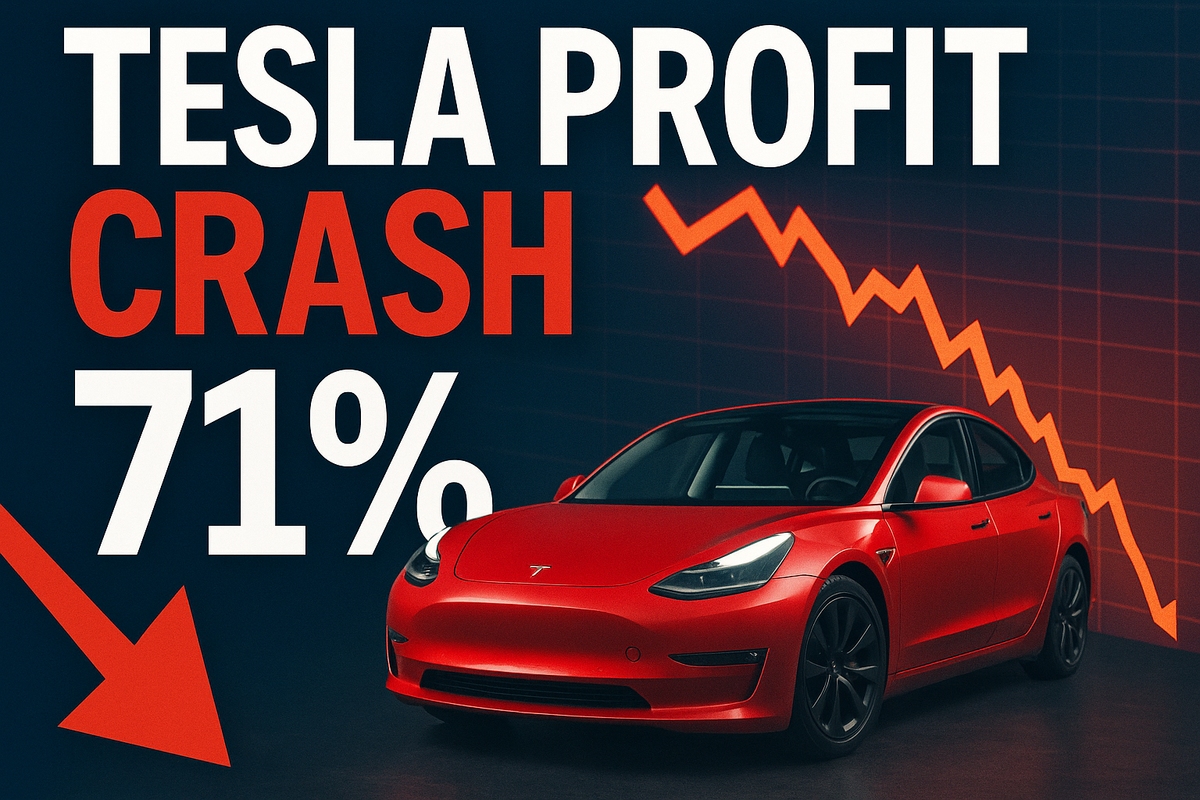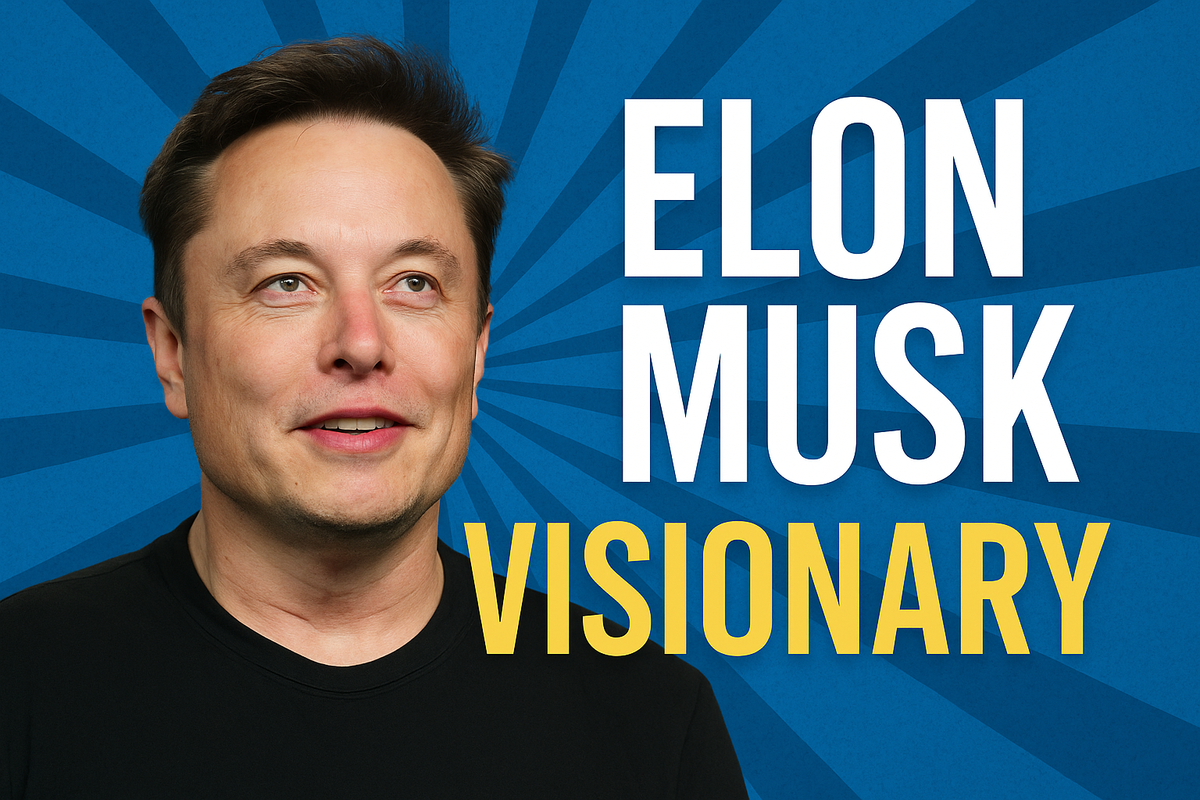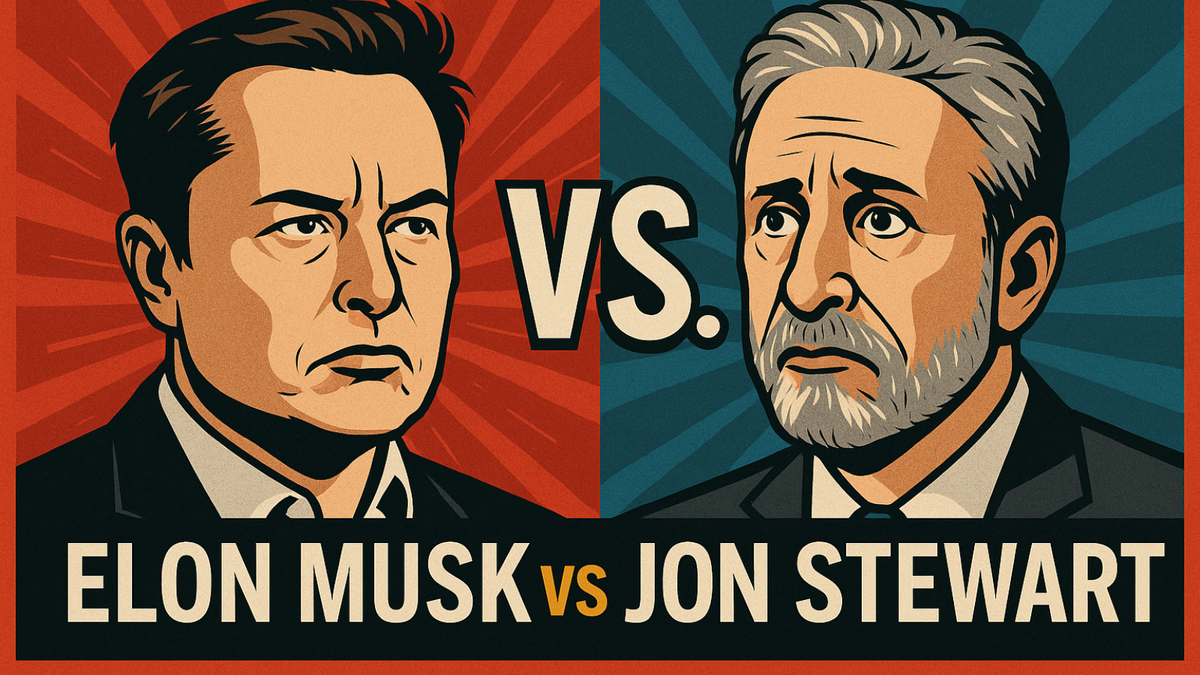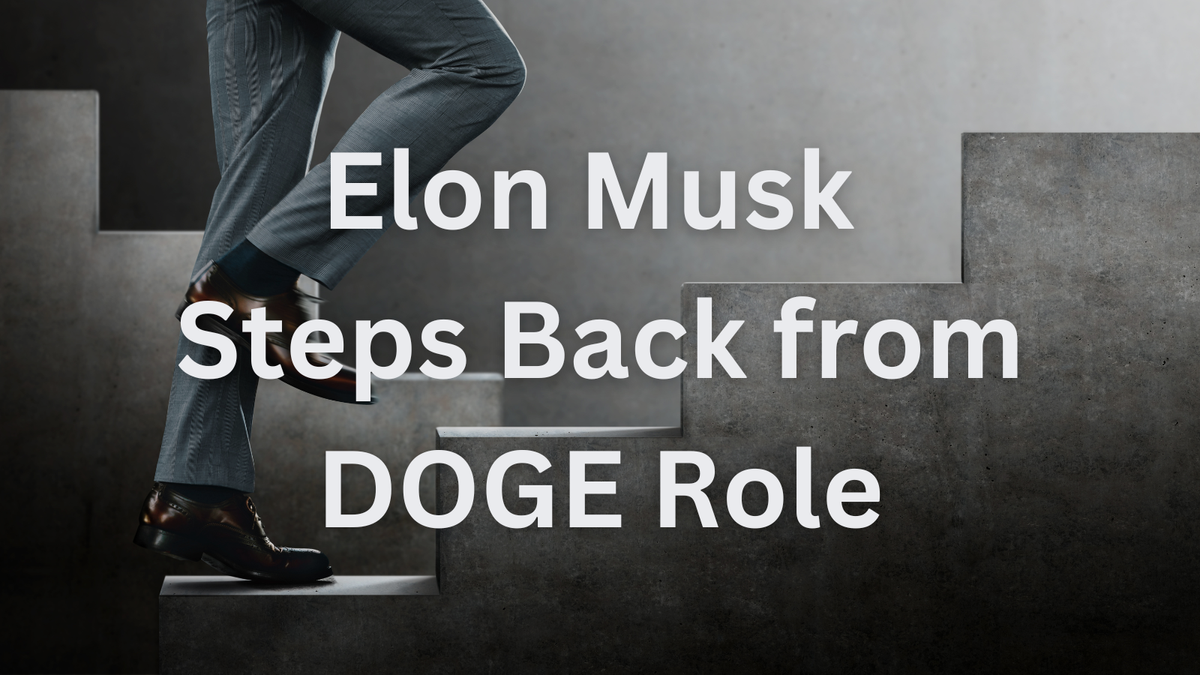Is SpaceX Becoming the U.S. Government’s Go-To Contractor?
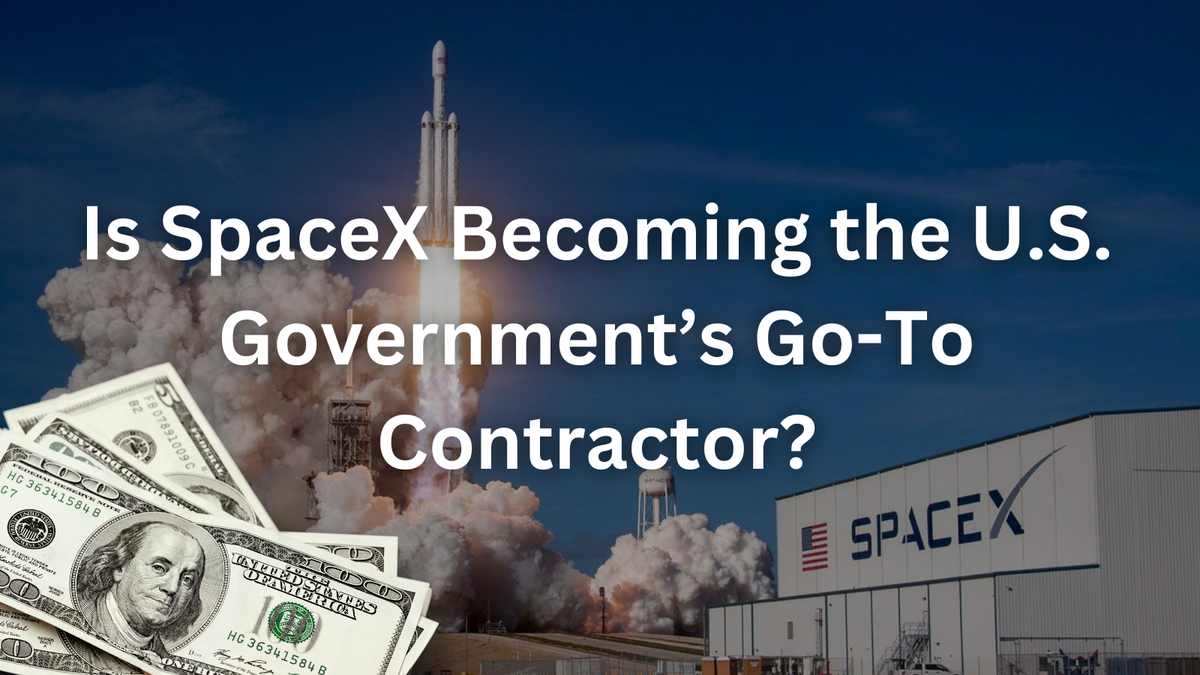
SpaceX’s Domination Sparks Debate Over Innovation vs. Favoritism
Elon Musk’s SpaceX is rapidly expanding its role as a federal contractor, securing billions in new deals with NASA, the Pentagon, and Commerce Department. But with Musk now wielding influence as a Trump administration advisor, critics warn of a dangerous blur between public service and private profit. Is this a triumph of American innovation—or a corporate takeover of government? Let’s dive in.
🚀 Rocket-Fueled Expansion: Key Areas Where SpaceX Is Winning
SpaceX’s federal footprint is exploding across four major sectors:
- ⚔️ Military Logistics: The Pentagon is testing SpaceX’s Starship for 90-minute global cargo delivery, despite its two explosive test flights in 2023.
- 🛰️ Rural Broadband: Starlink could tap into $42B in federal subsidies after being sidelined under Biden.
- 🔴 Mars Missions: NASA may pivot from the Moon to Mars under a Musk-aligned leader, with SpaceX eyeing $100M+ contracts for asteroid defense and deep-space launches.
- ✈️ Aviation Upgrades: SpaceX employees now advise the FAA on modernizing systems—while installing Starlink terminals at federal buildings.

✅ Why SpaceX Is the Pentagon’s (and NASA’s) Darling
Musk’s company isn’t just winning contracts—it’s reshaping policy:
- ✅ Cost Efficiency: SpaceX charges $67M per Falcon 9 launch vs. ULA’s $400M+ for similar missions.
- ✅ Tech Superiority: Starship’s 100-ton cargo capacity dwarfs competitors; Starlink already serves 2.6M+ customers globally.
- ✅ Political Alignment: Musk donated $300M to Trump’s 2024 campaign, while allies like FCC Chair Brendan Carr fast-track SpaceX spectrum requests.
“SpaceX is the pointy end of the spear,” admits former Pentagon consultant Gary Henry.
⚠️ The Ethical Black Hole
Critics see red flags in Musk’s dual roles:
- 🚧 Conflicts of Interest: SpaceX employees now hold key federal posts, including a NASA senior adviser and FAA consultants with ethics waivers.
- 🚧 Erosion of Oversight: Trump fired ethics watchdogs, while the Project on Government Oversight warns: “We’ll never know if competitions are fair.”
- 🚧 Monopoly Risks: Rivals like Sierra Space complain SpaceX is “cornering the market” as it seeks 120 annual launches at Cape Canaveral (up from 50).
“By any objective standard, this is inappropriate,” says George Washington University’s Steven Schooner.
🚀 Final Thoughts: A New Space Age—or a Corporate Coup?
SpaceX’s rise reflects both genuine innovation and unprecedented access:
- 📈 If SpaceX delivers: Cheaper launches, rural connectivity, and U.S. leadership in space.
- 📉 If oversight fails: Taxpayer funds could fuel a Musk monopoly while stifling competitors.
As a tech optimist, I celebrate SpaceX’s engineering feats—landing reusable rockets was revolutionary. But democracy requires transparency. Should a single billionaire’s company become America’s de facto space and internet arm? What do you think? Let me know on X(Former Twitter)
Sources: Eric Lipton. "SpaceX Poised for Billions in Federal Contracts as Trump Returns", March 23, 2025.



